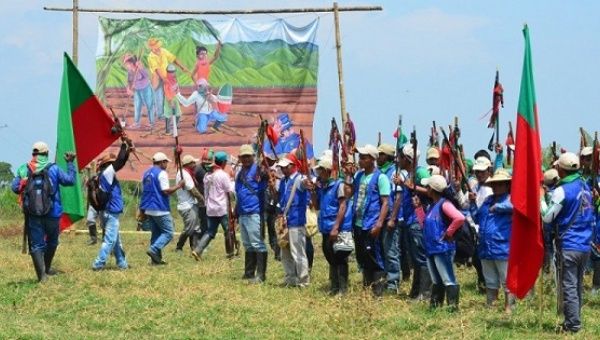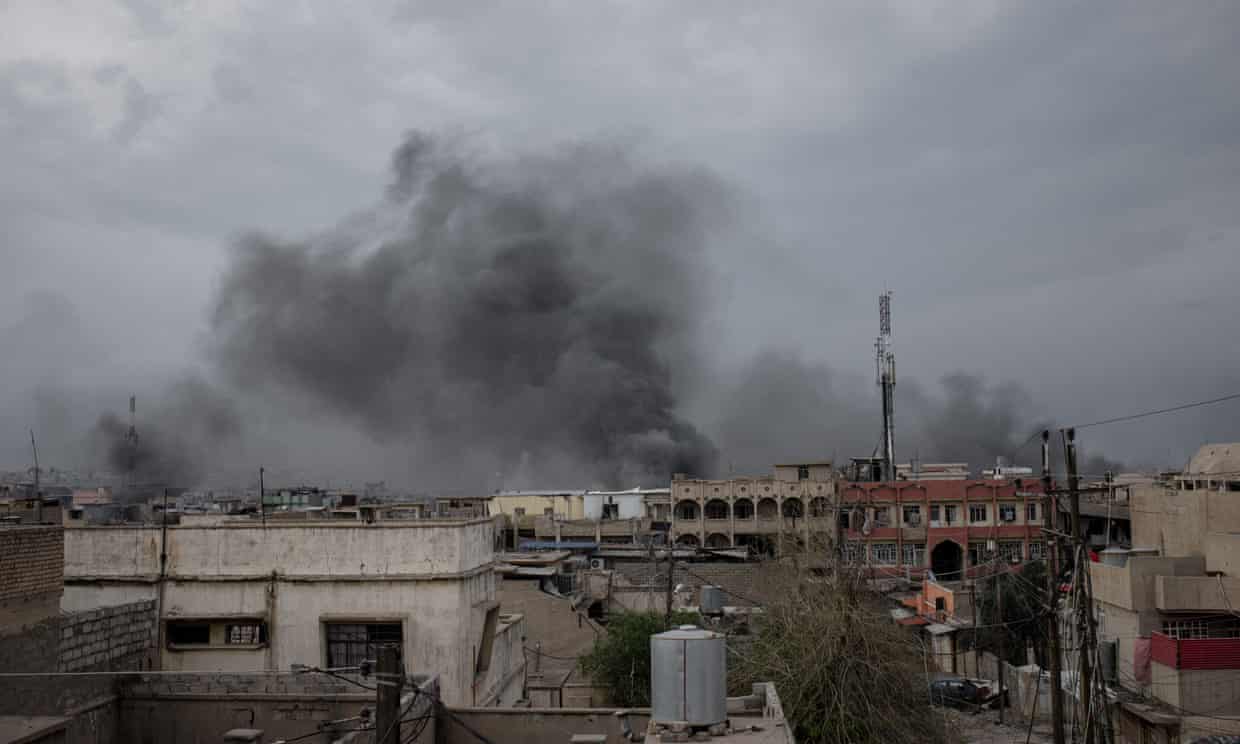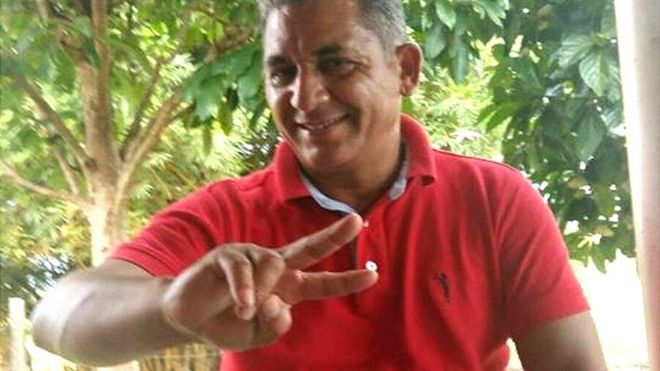By Cintia Garcia
Impunity Watch Reporter, South America
BOGOTÁ, Colombia— Within the past year there has been an increase in murders of indigenous activists by right-wing paramilitaries. The most recent assassinations of prominent activists occurred in Corinto and Medellin.

Javier Oteca, a member of the Nasa tribe and well known indigenous land rights activist was shot to death by right-wing paramilitaries impersonating farm workers, according to witnesses. It is believed that the men that shot Mr. Oteca were private military officers. Although members of the National Army were in the vicinity where Mr. Oteca was shot, they were unable to detain the suspects. But members from Mr. Oteca’s tribe detained six suspects believed to be related to the incident. The tribe has decided to carry out its own investigation of the murder. The Nasa tribe has experienced an increase in violence. In 2016, Colombia’s Constitutional Court declared the tribe “at risk of extermination.”
In addition to Mr. Oteca’s murder, earlier this month, Alicia Lopez Guisao, a leader of the Asokinchas tribe was murdered in Medellin. Ms. Guisao was shopping at a grocery store when two men stormed the store and shot her. Ms. Guisao worked for the left-wing organization, the People’s Congress, whose objective is to organize indigenous peasants. Ms. Guisao distributed food and land to indigenous groups and afro-descendants through the program, the Agrarian Summit Project. The People’s Congress believe that, “her murder is an example of the fact that the right-wing organizations that operate today in the city of Medellin are the same paramilitaries who have murdered others in recent years.”
The increase in murders of indigenous activists, according to a report released by the Defense of the People, stated that “since the retreat of the FARC from the zones where they previously exercised control has allowed for the entrance of new armed actors who fight for territorial and economic dominance.” It was well known that the FARC and left-wing guerilla groups had defended the indigenous campesino groups and since their retreat these communities are vulnerable to violence. In January and February alone, 3,549 people have been displaced, mostly indigenous and black, according to the United Nations.
For more information, please see:
Telesur—Colombian Paramilitaries Kill Another Indigenous Leader—24 March 2017.
El Colombiano—Desde el Dia D, han Sido Asesinados 27 Lideres—23 March 2017.
El Espectador—Denucian Aesinato de una Líder Social en Medellín—3 March 2017.
Telesur—Another Indigenous Human Rights Activist Killed in Colombia—3 March 2017.


